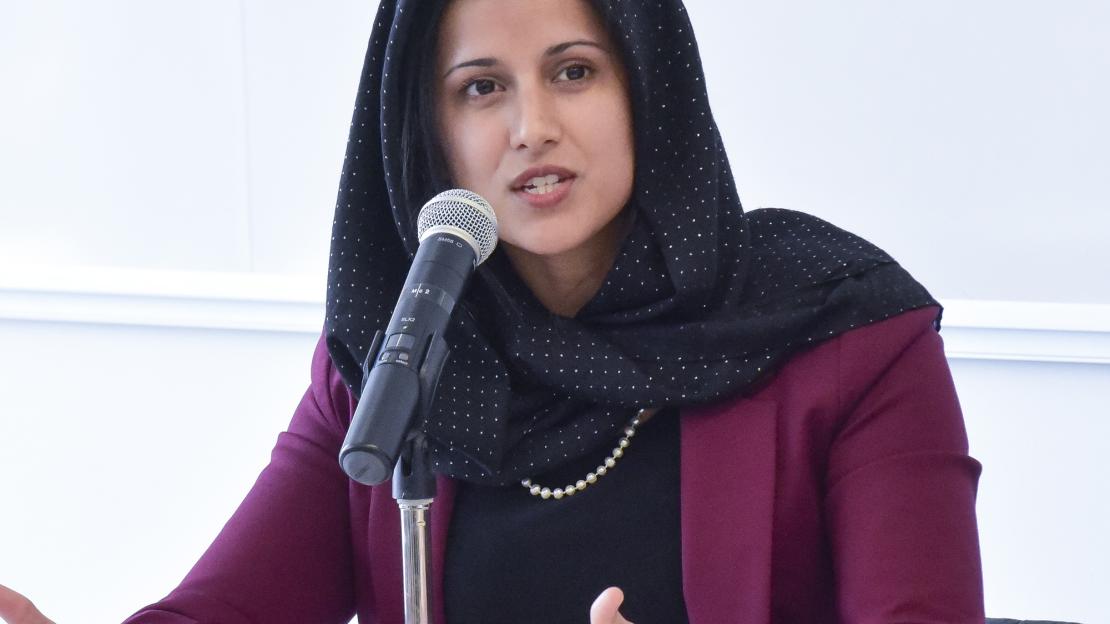The deployment of Canadian troops to support the United Nations peacekeeping mission in Mali represents a formidable challenge, says Aisha Ahmad.
Writing in the Globe and Mail, the assistant professor of political science, co-director of the Islam and Global Affairs Initiative at the Munk School of Global Affairs, and author of Jihad & Co.: Black Markets and Islamist Power, says three things make Mali “the deadliest peacekeeping mission in the world.”
Ahmad says Canada will be wading into a tangled web of ethnic and tribal warfare that is difficult for outsiders to understand – and peacekeepers may face a backlash from locals who see jihadists as “the solution to the problem of fragmentation and insecurity.” Canadian forces will also be entering a region with a volatile war economy, where armed groups are involved with criminal networks trafficking in drugs, weapons and people.
“As our forces prepare for the challenges ahead,” Ahmad writes, “serious questions must be asked of our government about how to ensure that Canadian blood and treasure are not wasted, and that we do not leave Mali worse off than when we arrived.
“Every single tough lesson from Afghanistan, Somalia and Rwanda must be brought to bear.”
